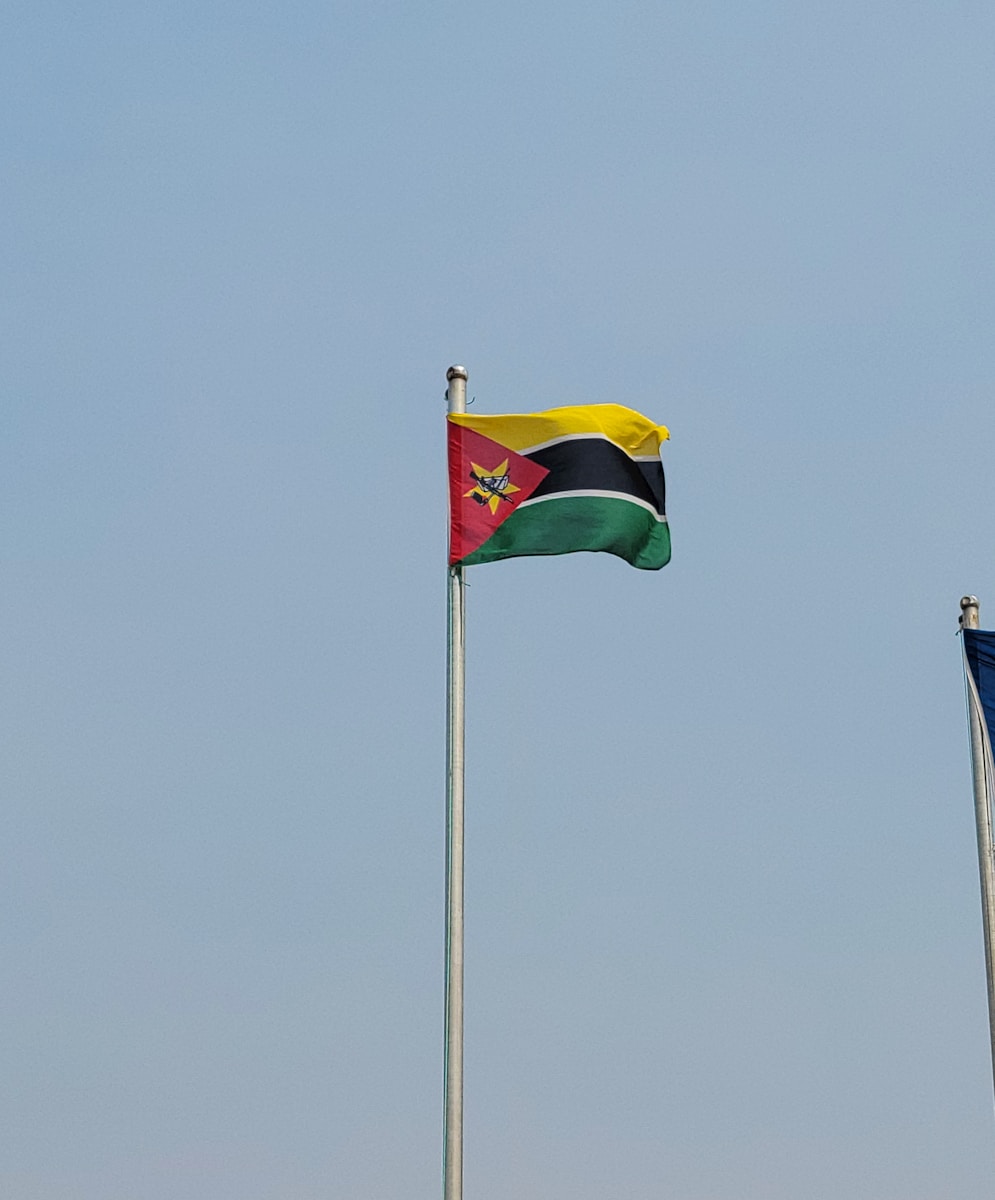Zanu-PF succession: 5 Critical Decisions Shaping Zimbabwe
Zanu-PF succession: 5 Intense Moves You Must See
Zimbabwe is witnessing a political storm as President Emerson Mnangagwa takes a firm stand in the midst of the Zanu-PF succession battle. With tensions rising within the ruling party, key figures are maneuvering for influence, power, and ultimately, control over the future of the nation. This article explores the most significant developments and their potential impact on Zimbabwe’s political landscape.
1. Zanu-PF succession: Mnangagwa’s Warning
President Mnangagwa has delivered a stern message to party members, warning against internal divisions and power struggles. The Zanu-PF succession issue is not just about leadership—it reflects the deep political rifts and the high stakes involved in shaping Zimbabwe’s future. Analysts argue that this warning signals a new level of political vigilance in the ruling party.
2. Rising Tensions Among Party Leaders
As the Zanu-PF succession drama unfolds, influential leaders within the party are jockeying for position. The competition is fierce, with each faction attempting to consolidate support and secure their influence ahead of the next critical decisions. Political commentators note that these internal rivalries are becoming more public, adding pressure on Mnangagwa to maintain order.
3. Public Perception and Political Fallout
The Zimbabwean public is closely monitoring the Zanu-PF succession battle. Citizens express concern over political instability and its potential effects on the economy and governance. Media outlets, including BBC Africa, have highlighted the growing tensions and their implications for national stability. The outcome of this internal struggle will resonate far beyond party politics, affecting the country as a whole.
4. The Role of Media in the Zanu-PF Succession Battle
Media coverage plays a critical role in shaping public perception of the Zanu-PF succession conflict. News outlets emphasize different narratives depending on their political alignment, influencing how citizens interpret the unfolding events. Balanced reporting is essential to prevent misinformation, while biased coverage can amplify internal divisions. Global media attention, including analysis from Al Jazeera Africa, highlights how Zimbabwe’s political turmoil is perceived internationally.
5. Internal Party Dynamics and Factionalism
Within Zanu-PF, factional battles over the succession are intensifying. Party members are maneuvering strategically to gain the upper hand in this Zanu-PF succession race. Leadership contenders seek to secure alliances while presenting themselves as the rightful visionaries for Zimbabwe’s future. Observers note that factionalism is becoming increasingly public, forcing Mnangagwa to exercise careful control to maintain party unity.
6. Historical Context of Leadership Struggles
The current Zanu-PF succession battle cannot be fully understood without considering Zimbabwe’s political history. Previous leadership transitions within the party have often been contentious, sometimes leading to deep divisions and policy instability. For readers seeking a detailed analysis of Zimbabwe’s political evolution, our internal article on Zimbabwe’s political history provides essential context that explains why succession battles remain a recurring issue.
7. Impact on Zimbabwe’s Governance
The ongoing Zanu-PF succession battle is not just a party issue—it has real consequences for Zimbabwe’s governance. Political uncertainty at the top affects policy-making, investment, and international relations. Citizens and businesses alike are concerned about stability, as internal disputes can slow down critical decisions and disrupt national development projects.
8. Regional and International Implications
The succession battle within Zanu-PF draws attention from neighboring countries and international observers. Regional powers such as South Africa and organizations like the African Union are monitoring the situation closely. Analysts suggest that the outcome of the Zanu-PF succession could influence Zimbabwe’s role in Southern Africa and impact foreign investment. For more international perspectives, see Reuters Africa.
9. Lessons for Emerging Leaders
One key takeaway from the Zanu-PF succession conflict is the importance of strategic leadership and coalition-building. Future leaders must navigate complex internal politics while addressing national priorities. Understanding party dynamics, public sentiment, and historical precedents is crucial to maintaining both party unity and national stability. For those interested in political strategy, our internal article on Leadership Lessons from Zimbabwe provides in-depth guidance.
10. Looking Ahead After the Succession Struggle
The Zanu-PF succession battle marks a critical juncture for Zimbabwe’s political future. President Mnangagwa’s warnings and the maneuvers of rival factions highlight the stakes involved in leadership transitions. As the party navigates internal tensions, citizens and international observers alike are watching closely. How the conflict is resolved will shape governance, party unity, and the country’s stability for years to come. Zimbabwe now faces a pivotal moment where leadership decisions will define the nation’s trajectory.




